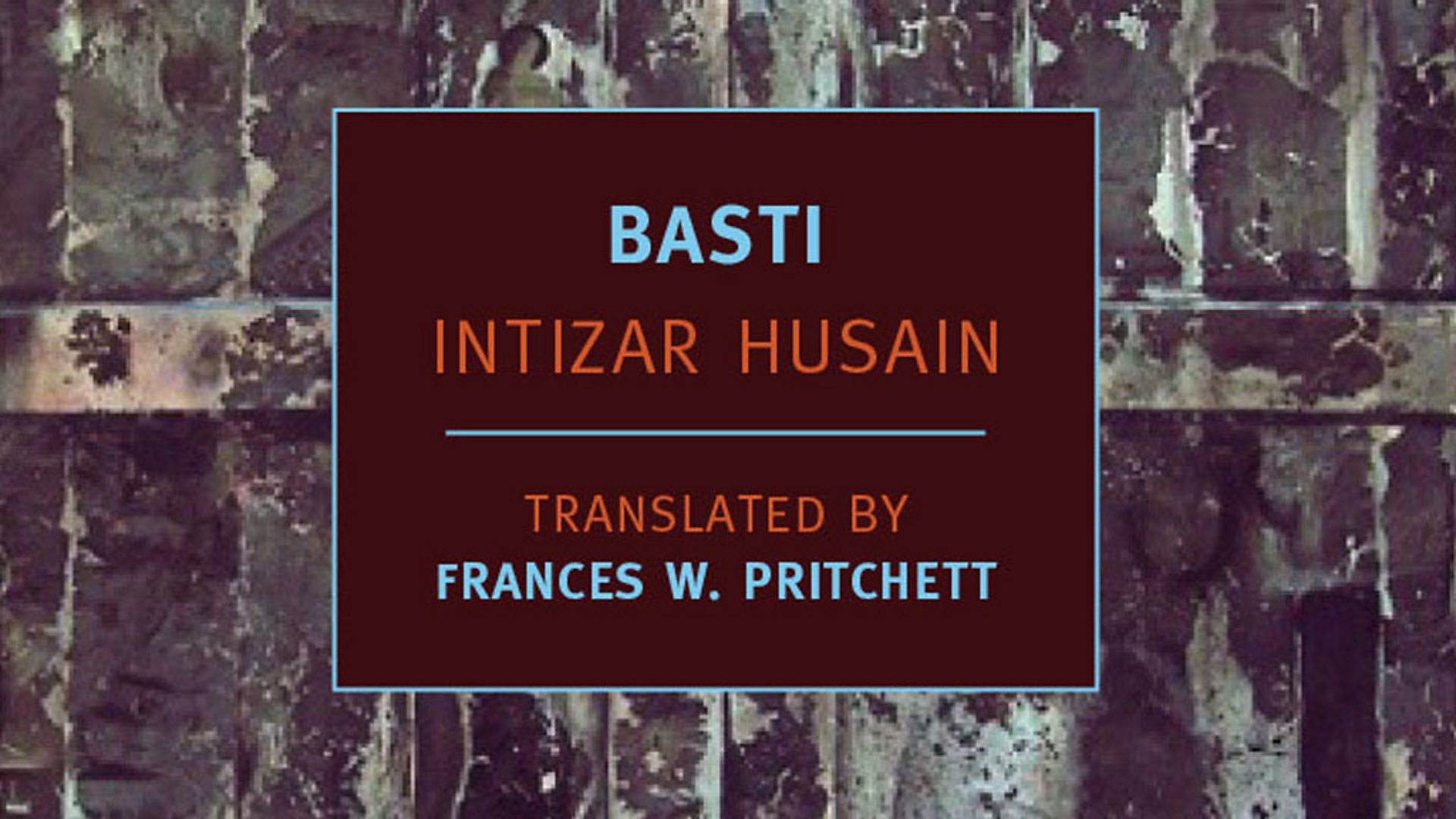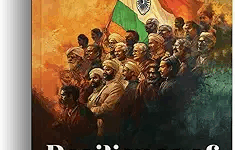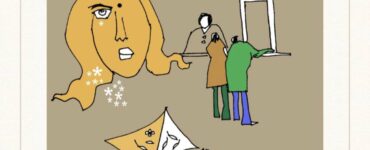 There are various reasons as to why I read what I do. Most of the time I pick and choose books that I come across, I find out about, and then there are recommendations from friends, a book review somewhere, an essay somewhere else that leads on to new books waiting to be discovered. And then there is reading that I need to do as an academic. The book that I talk about in this column this time is one such. This is a novel that is part of the course that I have to teach my undergraduate students in their last semester. A few weeks ago I began to read this novel that I had just heard about earlier. One of the pleasures of teaching literature, I guess. The course that I get to teach is on Partition Literature and among the texts prescribed for students is the English translation of the Urdu novel by Intizar Hussain called Basti.
There are various reasons as to why I read what I do. Most of the time I pick and choose books that I come across, I find out about, and then there are recommendations from friends, a book review somewhere, an essay somewhere else that leads on to new books waiting to be discovered. And then there is reading that I need to do as an academic. The book that I talk about in this column this time is one such. This is a novel that is part of the course that I have to teach my undergraduate students in their last semester. A few weeks ago I began to read this novel that I had just heard about earlier. One of the pleasures of teaching literature, I guess. The course that I get to teach is on Partition Literature and among the texts prescribed for students is the English translation of the Urdu novel by Intizar Hussain called Basti.
I have been interested in the Partition for quite some years now and have worked on issues and texts related to it. If there is a one single event in the history of the Indian subcontinent moment that had and still has a profound effect on the politics and society of the Indian subcontinent, it is the Partition of 1947. Characterized by migration, martial law, violence, killings, disturbances, displacement, rape and all kinds of atrocities, the Partition still continues to haunt and plays a major role in politics in South Asia – in who is a citizen, who gets to stay on and who has to leave the country, in the fear and anxiety about losing home and all that comes with it, in religious divides that cause further disruptions, in the very idea of homeland. As I spoke about all of this in my first class to them on a Saturday afternoon, I did realise that attending classes in these trying times is a difficult thing for many of them. However the semester is on and examinations will be just a few months away.
Written in Urdu in 1979, Basti (the English translation is by Frances W. Pritchett ) is a novel that tells the story of Zakir, a professor of history and someone who had been displaced from his homeland into a new land. The novel begins in India before the Second World War and moves on till 1971 and the Bangladesh Liberation War. In spite of its historical setting, the narrative focuses more on the lives of ordinary individuals, their lives and all the changes that come about.
Basti begins with the child Zakir and his simple questions. Zakir lives with his family in the village of Rupnagar, a village that soon sees change coming over with the introduction of electricity. The small changes are a pointer to massive changes that soon take place in their lives, drastically altering lives. Among the new people who come into Rupnagar is a young girl Sabirah, Zakir’s relative whom the young boy develops a liking for. The child’s responses with which the novel begins is a contrast to what happens later. Sabirah remains in India after the Partition while many others, including Zakir, move to Pakistan. Inspite of this physical distance, she is always an absent presence in his life.
Hussain presents the trauma of Partition subtly –
The discussion was first ideological, then personal, then insulting, then abusive, and then it came to blows. Passersby stood bewildered, stared at the combatants with fright, then asked each other, “What’s happening? What’s going to happen?” In everyone’s eyes a single terror, as if something was indeed about to happen. Then they went their several ways, and forgot that anything had happened at all. As though nothing had happened, as though nothing would happen.
In the later part of the novel Zakir begins to write a diary and one diary entry notes – “The war threw the life of the city into confusion. Inside me, times and places are topsy-turvy. Sometimes I have absolutely no idea where I am, in what place.” The lived space, the basti, the home, the settlement, is also the place that sees abandoned houses left behind by those who migrated, refugees moving in, a world that is completely in disorder. The diary entries weave together the present, myth and history in a way that shows how each lived moment carries a heavy weight of the past with it.
Living in a time when lives all over are completely in disorder and once again marked by movement of migrants who want to get back to home again, Basti seemed to speak at several levels. I am looking forward to the connections my students make of the novel and their responses to it as we move along.









Add comment